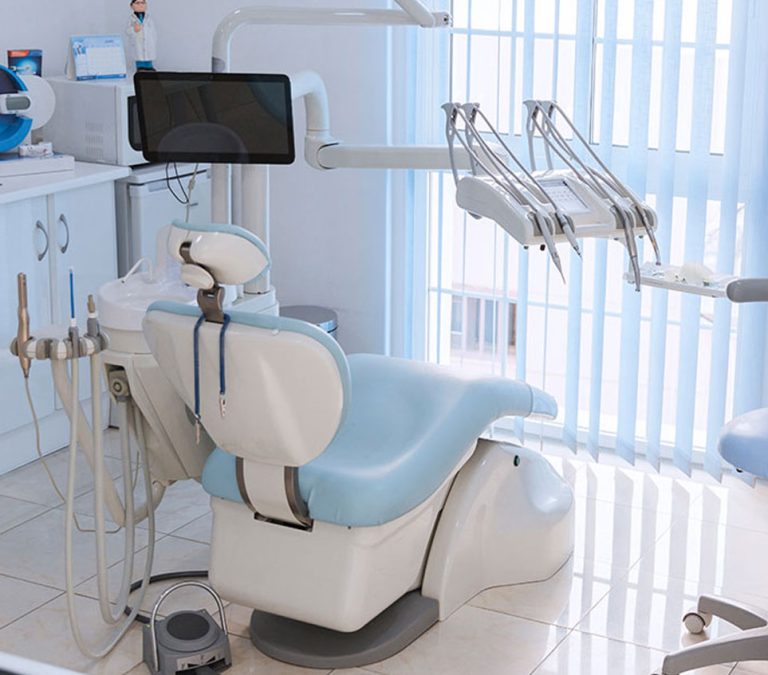Believe it or not, half of American adults have periodontal disease—also known as gum disease—according to the American Academy of Periodontology. Gum disease has many different phases, starting with gingivitis and eventually leading to accelerated stages of periodontitis. As we get older, there are many factors can increase the risk of gum disease. These include: gums naturally receding, teeth wearing down and becoming more sensitive, and certain medications.


Gun disease warning signs include:
If untreated, gum disease can eventually result in many oral health issues such as tooth loss.
No matter what phase of gum disease you have, the team at West Hills Smiles can help. Previously, gum disease required surgery to fix. While this may still be an option for more advanced cases, there are now many less invasive procedures that can be used.
A diagnosis will occur during a routine checkup or if a patient comes in due to noticing any of the warning signs listed above. Your dentist will present you with the options and come up with a game plan.
Long-term Plans – Your West Hills, CA dentist will assess the progress and discuss any further procedures that may be needed or how to keep gum disease from returning.